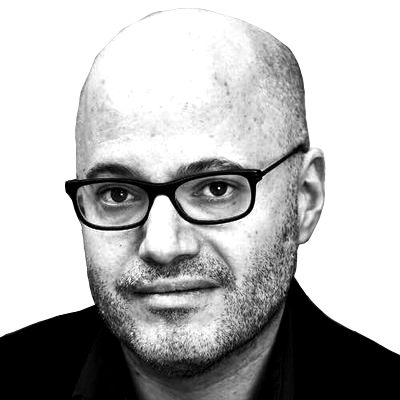Suzanne Vega has written hundreds of stellar songs but is best known for a song about child abuse, written in the 1980s. “They only hit until you cry /After that, you don’t ask why,” she sings in a whispery tone that sounds like confession. “Luka,” from her 1987 album, Solitude Standing, tells its story with cold precision, without sentimentality or melodrama. The lyrics almost sound like reporting, like a statement to a therapist or a cop.
In 1987, you could not get away from “Luka.” Teenagers and adults were snapping it up. At the end of Solitude Standing was “Tom’s Diner,” an a cappella stream of consciousness that was transformed into an accidental hit when the mix master DMX added beats without permission. It’s about the beauty of the commonplace—a subtle point for a dance club.
Vega has recorded nine wonderful studio albums. Storytelling and character studies dominate. The first three are folk songs as pop songs as art songs—the 80s version of the folk-rock sound behind the 1960s folk rock of Bob Dylan, Simon and Garfunkel, and Leonard Cohen. The fourth album, 99.9F° (1992), introduced an industrial ambience that made a statement: after “Tom’s Diner” was stolen for that dance track, Vega was taking the dance sound and stealing it back. Songs in Red and Gray (2001) is her divorce album; Beauty & Crime (2007), her tribute to her native New York. Lover, Beloved (2016) is based on the life and work of the novelist Carson McCullers. Look at the photo of young McCullers on her collected works from Library of America—she’s a dead ringer for Vega.

Her true believers come for the deeper cuts, songs such as “Marlene on the Wall,” in which she’s haunted by a poster of Marlene Dietrich; “Gypsy,” about a finished romance between two camp counselors; “Blood Makes Noise,” a hit single about an AIDS test; and “50-50 Chance,” which has a chamber arrangement by Philip Glass and is about a suicide attempt. This may sound melancholic, but then so are Schubert lieder.
Vega recently toured Europe narrating Glass’s Einstein on the Beach, and the composer’s hypnotic chilliness suits her perfectly. She has cited Lou Reed and Cohen as her greatest influences, and you can hear Reed’s New York grit and Cohen’s poetic precision all over her work. Vega’s voice sounds exactly the same as it did when her image appeared on giant posters in Tower Records, when teenage girls sang along to “Luka.”
“I am thrown against the sky / I am raining down in pieces / I am scattering like light / Scattering like light.” The name of this song, on Suzanne Vega (1985), her eponymous debut album, is “Small Blue Thing.” Go to City Winery next week and you’ll see Vega in a space as intimate as Folk City was in 1984, when The New York Times reviewed her there, launching a label bidding war and all that followed. The world keeps changing, but the voice that whispers will be telling you her secrets, and maybe telling yours.
Suzanne Vega will perform at City Winery from December 22 through December 27
David Yaffe is a professor of humanities at Syracuse University. He writes about music and is the author, most recently, of Reckless Daughter: A Portrait of Joni Mitchell. You can read his Substack here

